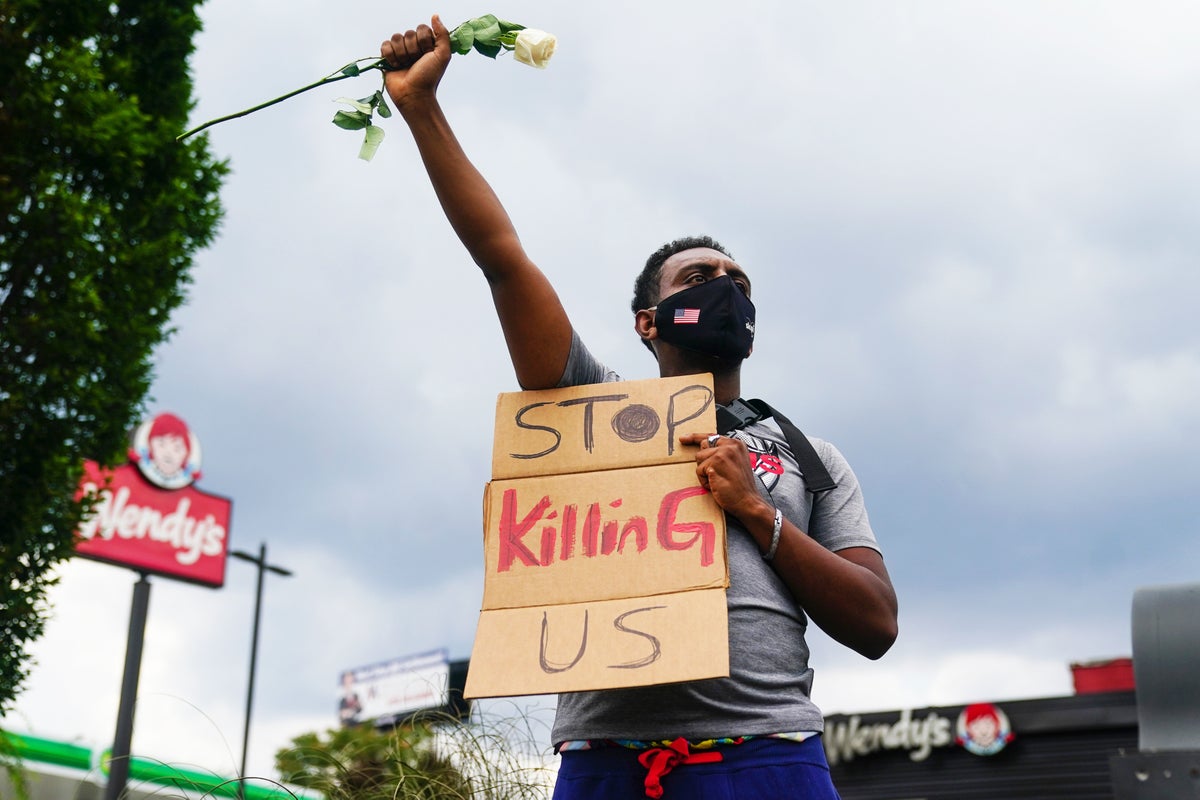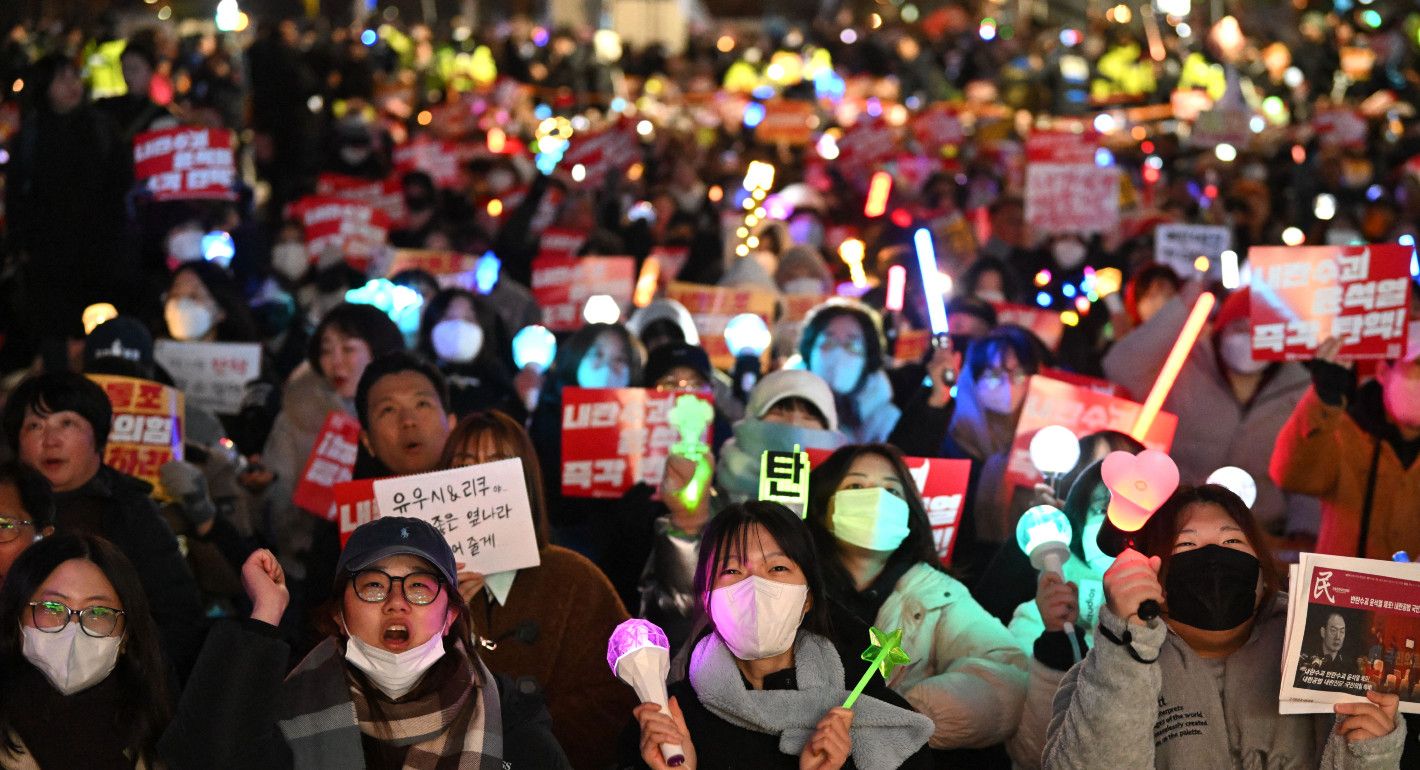- Joined
- Aug 30, 2019
- Messages
- 15,373
- Reaction score
- 10,327
- Location
- Hobbs End
- Gender
- Male
- Political Leaning
- Socialist
Do you think the Hyper-Individualism promoted by the right-wing creates a lack of empathy and sense of social isolation? Thus creating a feedback loop which further empowers the right-wing?
'Individualism can contribute to social isolation and a lack of empathy. According to a study published in City-Journal, extreme individualism and self-preoccupation can lead to people feeling isolated and indifferent to the fate of others, as predicted by Tocqueville. This trend is exacerbated by the decline in social networks, smaller household sizes, and increased time spent alone, which are all factors that can diminish social connections and empathy.
Research also indicates that loneliness can hinder negative empathy while potentially stimulating positive empathy, as individuals seek social support to alleviate their loneliness. However, the overall effect of loneliness on empathy can be complex, as it may also lead to a decrease in social interactions and opportunities to practice empathy.
Furthermore, a lack of empathy can have significant consequences, including impaired relationships and an increased risk of antisocial behavior. Addressing this issue requires fostering social connections through household formation and the establishment of voluntary associations, rather than relying solely on technological solutions.
In summary, individualism can foster a sense of isolation and reduce empathy, which can negatively impact social cohesion and interpersonal relationships.'
 pmc.ncbi.nlm.nih.gov
pmc.ncbi.nlm.nih.gov


 www.city-journal.org
www.city-journal.org
'Individualism can contribute to social isolation and a lack of empathy. According to a study published in City-Journal, extreme individualism and self-preoccupation can lead to people feeling isolated and indifferent to the fate of others, as predicted by Tocqueville. This trend is exacerbated by the decline in social networks, smaller household sizes, and increased time spent alone, which are all factors that can diminish social connections and empathy.
Research also indicates that loneliness can hinder negative empathy while potentially stimulating positive empathy, as individuals seek social support to alleviate their loneliness. However, the overall effect of loneliness on empathy can be complex, as it may also lead to a decrease in social interactions and opportunities to practice empathy.
Furthermore, a lack of empathy can have significant consequences, including impaired relationships and an increased risk of antisocial behavior. Addressing this issue requires fostering social connections through household formation and the establishment of voluntary associations, rather than relying solely on technological solutions.
In summary, individualism can foster a sense of isolation and reduce empathy, which can negatively impact social cohesion and interpersonal relationships.'
Absence and Presence of Human Interaction: The Relationship Between Loneliness and Empathy - PMC
Loneliness is the negative experience of a discrepancy between the desired and actual personal network of relationships. Whereas past work have focused on the effect of loneliness on prosocial behaviors, the present research addressed the gap by ...


The Problem of Hyper-Individualism
Amid a national reckoning with loneliness, Americans should reject the forces driving them away from one another.
 www.city-journal.org
www.city-journal.org






